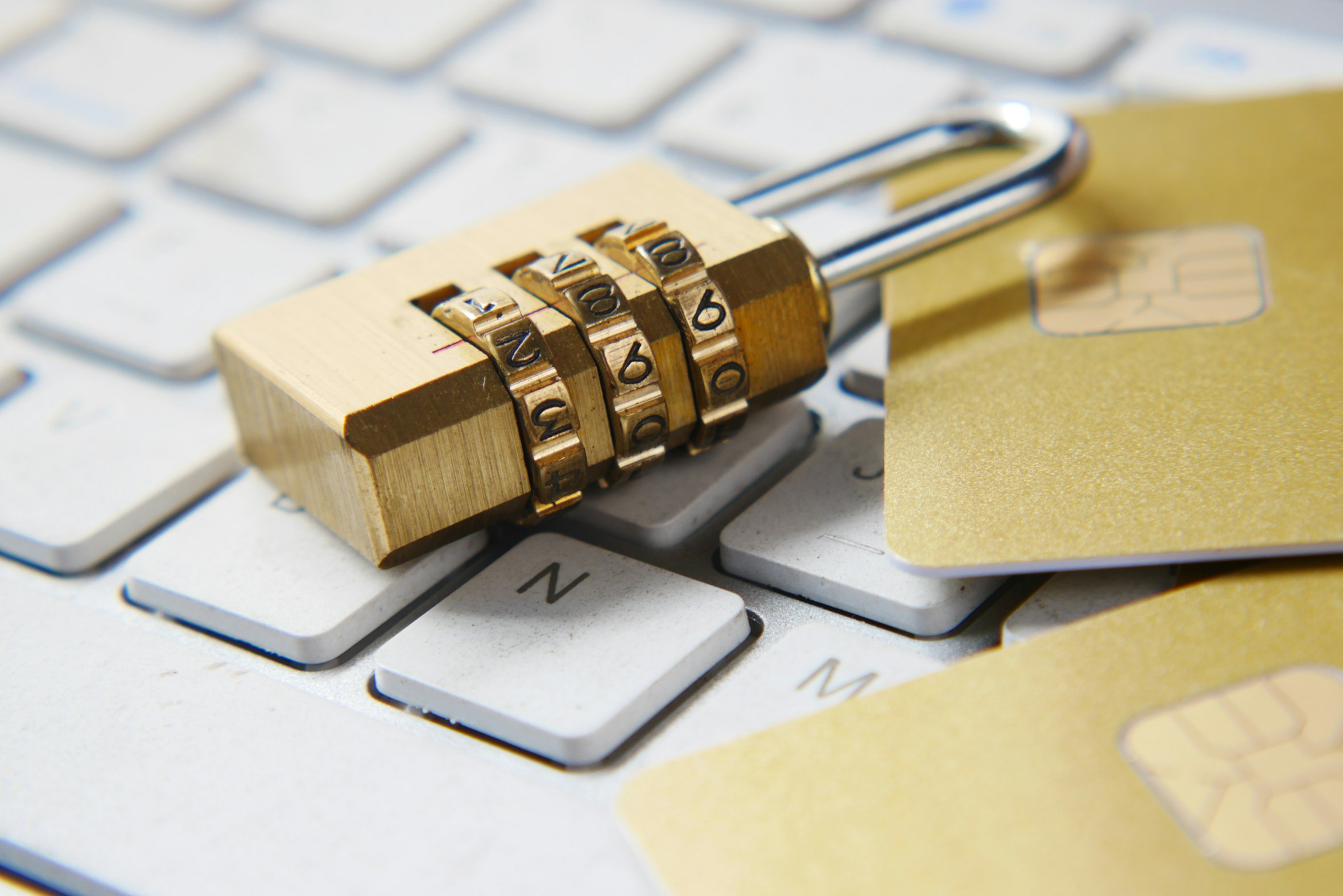· Security · 4 min read
Unlocking Security - An In-Depth Guide to Password Managers
Passwords protect our personal data, but managing them can be challenging given the sheer number we maintain across various sites and services. That's where password managers come into play.

In today’s digital world, the security of our online information is paramount. Passwords protect our personal data, but managing them can be challenging given the sheer number we maintain across various sites and services. That’s where password managers come into play. They offer a secure, convenient, and efficient way to manage numerous passwords. In this blog post, we will explore what a password manager is, how it works, and why using one is crucial for safeguarding your digital life.
What is a Password Manager?
A password manager is a software application designed to store and manage your login credentials for various online accounts. This tool securely keeps your passwords in a centralized location, providing an easy and secure way to access your stored data with one master password—the only password you need to remember.
Core Features of Password Managers
- Password Storage: Encrypt and store passwords in a secure vault.
- Password Generation: Automatically generate strong, secure random passwords.
- Auto-Fill Functionality: Seamlessly fill in passwords and other credentials on web forms.
- Secure Sharing: Allow the safe sharing of passwords with family members or colleagues.
- Two-Factor Authentication (2FA): Provide an additional layer of security when accessing the vault.
How Does a Password Manager Work?
The functionality of a password manager can be summed up in simple steps:
Creating a Vault: When you first use a password manager, you create a new vault secured by a master password. This master password is essential as it encrypts and decrypts your password database.
Adding Passwords: You can either manually add passwords or allow the password manager to capture login details as you enter them on websites.
Encryption: All data stored in a password manager is encrypted with robust encryption algorithms (like AES-256). The encryption is such that without the master password, it would be computationally impractical to crack, even with modern equipment.
Retrieving Passwords: When you need to log in to a website, your password manager can autofill the credentials. You’ll need to provide the master password or authenticate with biometrics like a fingerprint or facial recognition to unlock your vault.
Sync Across Devices: Most password managers offer the ability to sync your password library across various devices via their own encrypted cloud services, so you have access no matter where you are.
Why Should You Use a Password Manager?
1. Enhanced Security
Using a password manager allows you to have a unique, complex password for each account without the need to memorize them all. This significantly reduces the risk posed by password reuse in the event of a data breach.
2. Convenience
Password managers do the remembering for you. They can also auto-fill credentials, which not only speeds up the login process but reduces the typo errors associated with manual entry.
3. Reduction in Credential Sharing Risk
Sharing passwords, especially through insecure means such as text messages or emails, poses a significant security risk. Password managers typically offer a secure password-sharing feature that mitigates this risk.
4. Safe Recovery
If you forget a password, a password manager can retrieve it safely without the need for risky recovery methods like security questions, which can be easily exploited by attackers.
Popular Password Managers to Consider
While there are numerous password managers available, some of the most trusted include:
- 1Password: Offers excellent features tailored for both individual and enterprise use.
- Dashlane: Notable for its advanced security protocols and intuitive dashboards.
- Bitwarden: An open-source password manager that’s gaining popularity for its transparency and customization options.
- LastPass: Known for its user-friendly interface and robust security features.
Conclusion
In an era dominated by cyber threats, password managers stand out as essential tools for anyone looking to protect their digital information. By simplifying the management of passwords and enhancing security practices, password managers not only secure your digital identity but also bring peace of mind.
Whether you are an individual trying to manage multiple credentials or a business looking to secure confidential data, investing in a reliable password manager is a wise decision. Remember, in the digital age, security begins with your passwords, and a password manager is your best ally in keeping them secure.
For further insights into online security solutions and tools, keep exploring Adams Digital Blog — your trusted resource in navigating the complexities of the digital landscape. Secure your online world; start using a password manager today!
Your Friends at Adams Digital
Ready to start Your Journey?
Click here to schedule a quick chat!



